Psychology
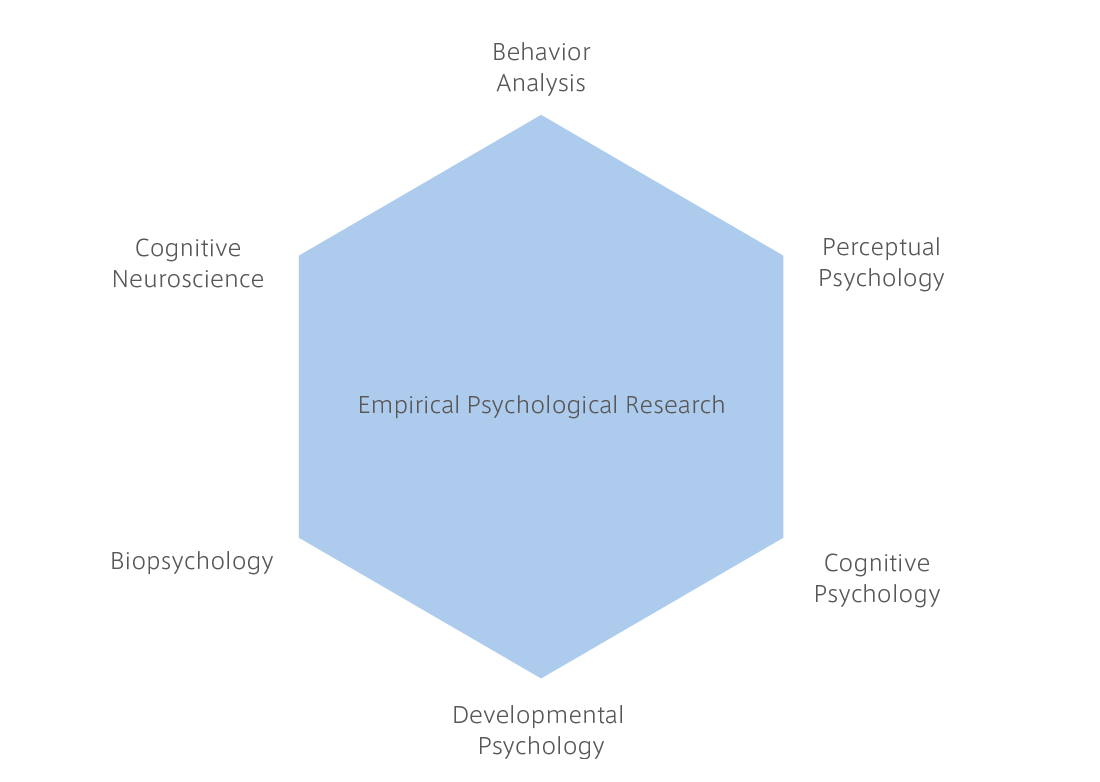
Keio University first began lecturing in psychology in 1877, established an experimental laboratory in 1926, and created an animal testing laboratory in 1952 following the end of the war. The long history of psychology at Keio University is evident considering the fact that Wundt, the father of psychology, founded his laboratory in Leipzig in 1879. Since its founding by Matsusaburo Yokoyama, psychology at Keio University has undergone a variety of changes. However, we proudly maintain our traditional academic culture of shunning irresponsible speculation in favor of empirical research through strict experiments and in-depth data analysis. Keio University has produced many distinguished psychologists over the years. Many now teach at universities around the world or have become leaders in related fields such as behavioral pharmacology and neuroscience.
The Psychology major at the Graduate School of Human Relations is based primarily around experimental psychology in accordance with the traditions outlined above. Graduate students are expected to learn by performing experiments themselves in addition to attending lectures and seminars. Regarding experiments, students are able to choose between conducting thesis research based on their own ideas, or participating in the research headed by their supervisors. The former option builds students' creativity and problem-identification skills, while the latter option helps students acquire techniques and learn how to run research operations themselves in the future. In other words, we provide an education based around not only the acquisition of knowledge through lectures and seminars, but also the acquisition of techniques and methods through research supervision.
The psychology program has laboratories in three locations: Mita, Tsunamachi, and Hiyoshi. At Mita, research mainly focuses on human cognition, behavior, and development, with experiments including infants and children, allowing studies that explore child development, developmental disabilities, developmental diagnostics, developmental psychology, as well as clinical and developmental psychology. Many students decide to pursue degrees in clinical and developmental psychology as a result of their experiences with clinical studies in the laboratories. Tsunamachi is home to the animal testing facility where scientists examine behavioral, physiological, and pharmacological experiments. Hiyoshi is used for research in perception and cognitive neuroscience, with an emphasis on the psychology of learning, perceptual psychology, cognitive psychology, developmental psychology, clinical developmental psychology, as well as neuro- and physiological psychology.
At the same time, in order to promote a broad perspective among students, we invite outside lecturers to teach on topics such as neuroscience, behaviormetrics, psychocinematics, clinical psychology, developmental disabilities, psychiatry, and applied behavior analysis. Additionally, we hold a Psychology Colloquium where doctoral candidates present their research to an audience of all the faculty members, young researchers, and graduate students. This is a valuable opportunity for students to consolidate and advance their research.
Furthermore, we aim to have students conduct their research with an international perspective. To that end, we not only encourage students to present at international conferences and to write papers in English, we also invite eminent professors and guest speakers from around the world to give lectures, seminars, and presentations.
FacultyPsychology
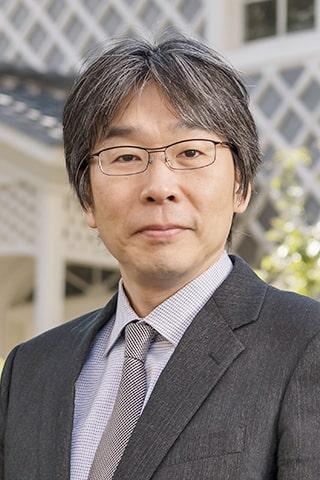
Satoshi UmedaProfessor, Faculty of Letters
- Cognitive Neuroscience
- Neuropsychology
- Psychophysiology
- Cognitive Psychology
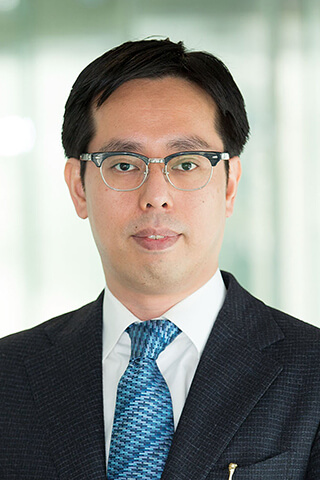
Hideaki Kawabata Professor, Faculty of Letters
- Aesthetic Science
- Neuroaesthetics / Experimental Aesthetics
- Cognitive Neuroscience
- Perceptual and Cognitive Psychology
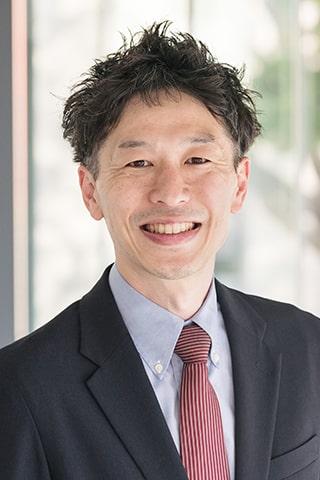
Yosuke KitaAssociate Professor, Faculty of Letters
- Developmental Psychology
- Clinical Developmental Psychology
- Disability Studies
- Cognitive Neuroscience
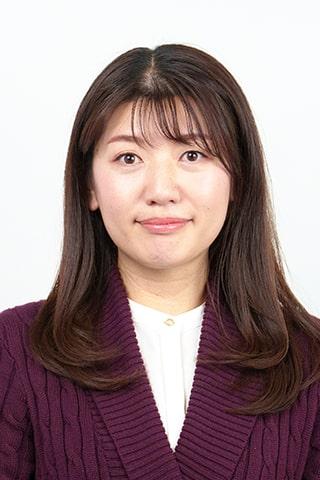
Yuri TerasawaAssociate Professor, Faculty of Letters
- Emotional Psychology
- Cognitive Neuroscience
- Neuropsychology

Yasushi Nakano Professor, Faculty of Economics
- Experimental Psychology
- Perceptual Psychology
- Study of Visual Disabilities
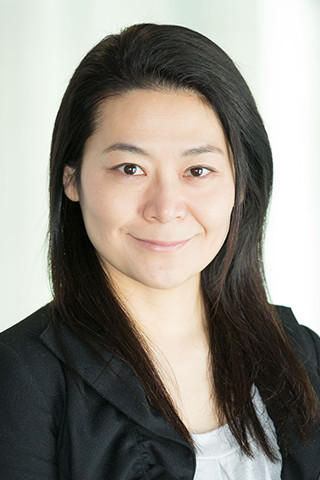
Yasuyo Minagawa Professor, Faculty of Letters
- Cognitive Neuroscience
- Psycholinguistics
- Developmental Psychology
- Developmental Cognitive Neuroscience




